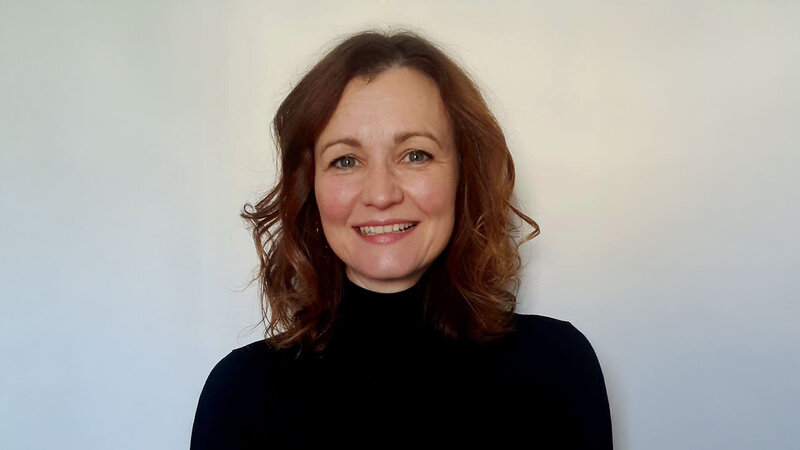You are viewing your 1 free article this month. Login to read more articles.
Read On. Get On. coalition calls for new national measurement of reading
Read On. Get On. is to campaign for a new measurement of primary school children’s reading, as part of plans to get all children enjoying reading by 2025.
The coalition, whose members include Save the Children, the National Literacy Trust (NLT) and BookTrust, said current methods of measuring children’s abilities to read are ineffective and test only the understanding of text. It is therefore hoping to work with government to develop a method of testing both "cognitive" processes and "effective" ones: motivation, enjoyment and engagement.
The plan, part of a 10-point strategy, has been revealed in a new report compiled by the NLT and Save the Children.
The report claimed that only 66% of 11-year-olds could read at the expected level for their age compared to 80% in 2015, showing a “sharp decline in ability”. The coalition is instead aiming to get 96% of children to read well by 11, and to get all children to enjoy reading.
“The national curriculum now incorporates requirements to support children’s enjoyment of reading, as well as decoding and comprehension skills, but assessment at the end of primary school covers only comprehension skills,” said the report.
“We need a stronger focus on affective reading processes – motivation, enjoyment of books and engagement with languages and stories… therefore one of our key aims is to campaign for and support the development of a series of measure which will bring us closer to this understanding.”
The report also said there is an “urgent need to develop consistent year-on-year monitoring of how well our children are reading”.
However, the work of getting children to read lies not only with schools but also with businesses, publishers, authors and parents, it adds. Children should be able to start school with “concepts of print” and an emerging interest in books, stories and rhyme.
Libraries are vital but have been “negatively affected” by the closure of school library services. “School libraries have an impact on attainment when they are effectively managed, have strong and diverse collections and are integrated with the curriculum. Sadly, few primary school libraries meet these criteria.”
The report also called for more analysis of how child poverty affects children’s reading skills, as well as into why boys lag behind girls.
Read On. Get On. was set up in 2014 and its members now comprise Save the Children, National Literacy Trust, Achievement for All, Beanstalk, BookTrust, HarperCollins, I CAN, National Assocation of Head Teachers, the Publishers Association, the Reading Agency, the Society of Chief Librarians and Teach First.
A copy of the report, "Read On. Get On: A Strategy to get England’s children reading", including the new 10-point plan, is available on the Read On. Get On. website.
















